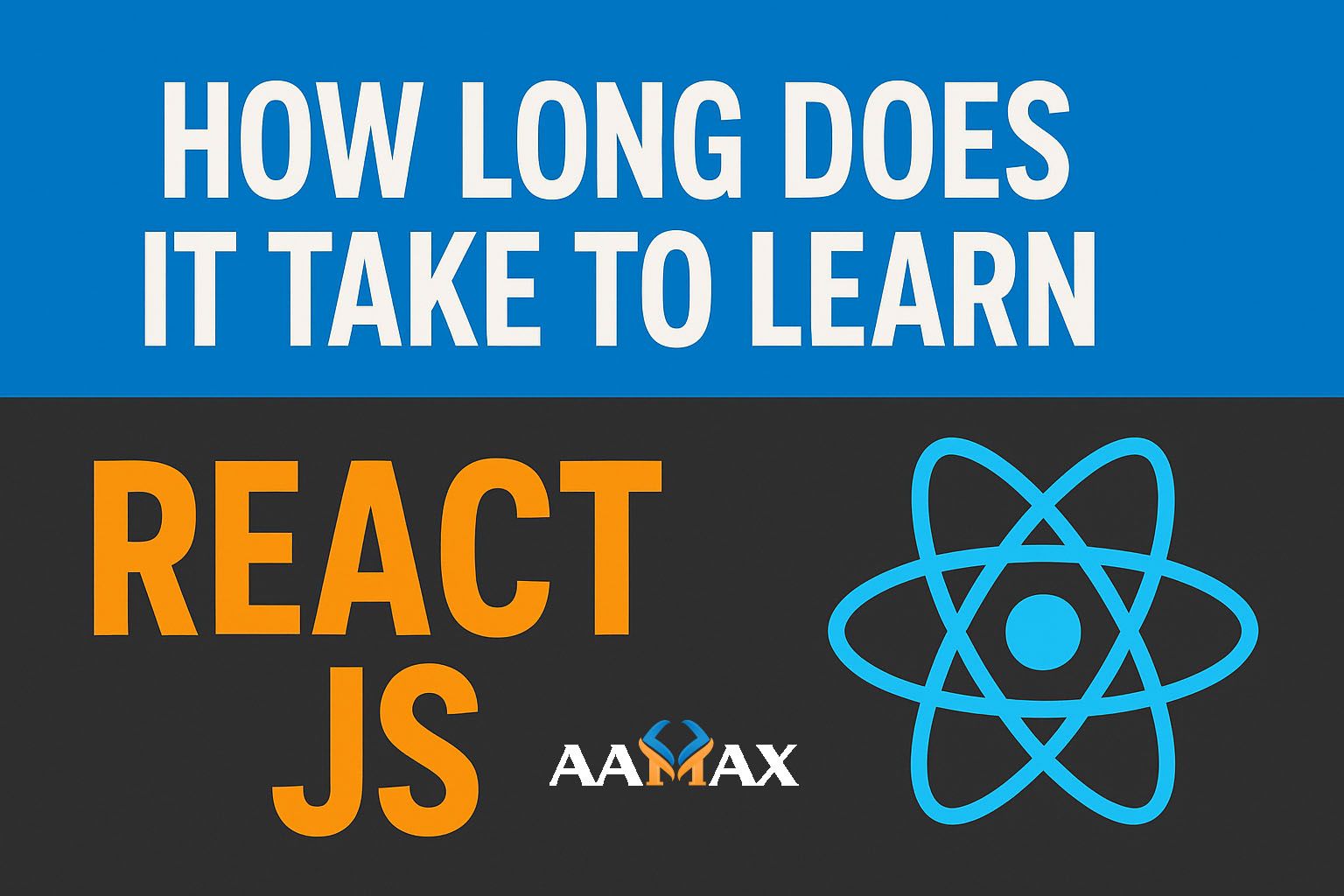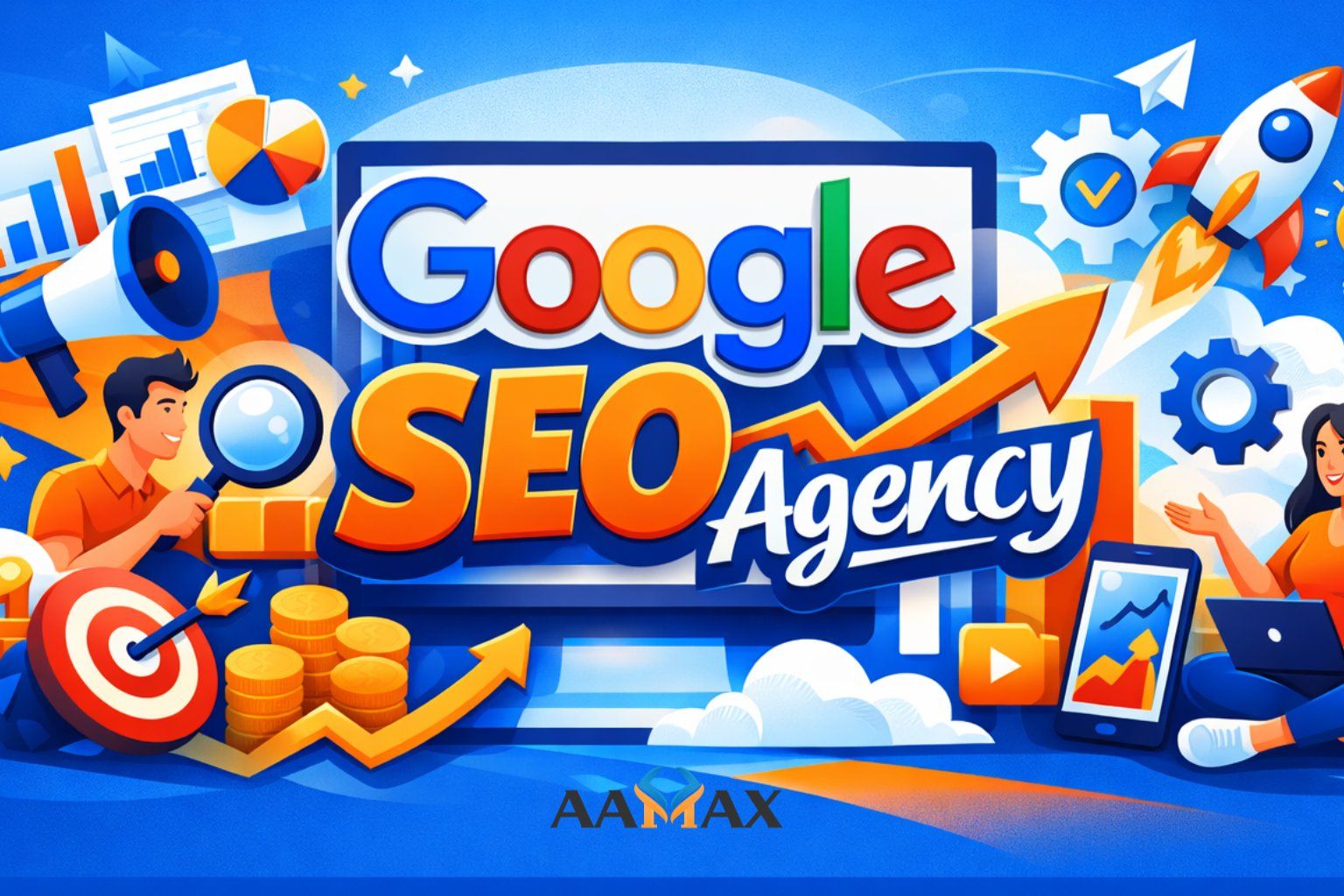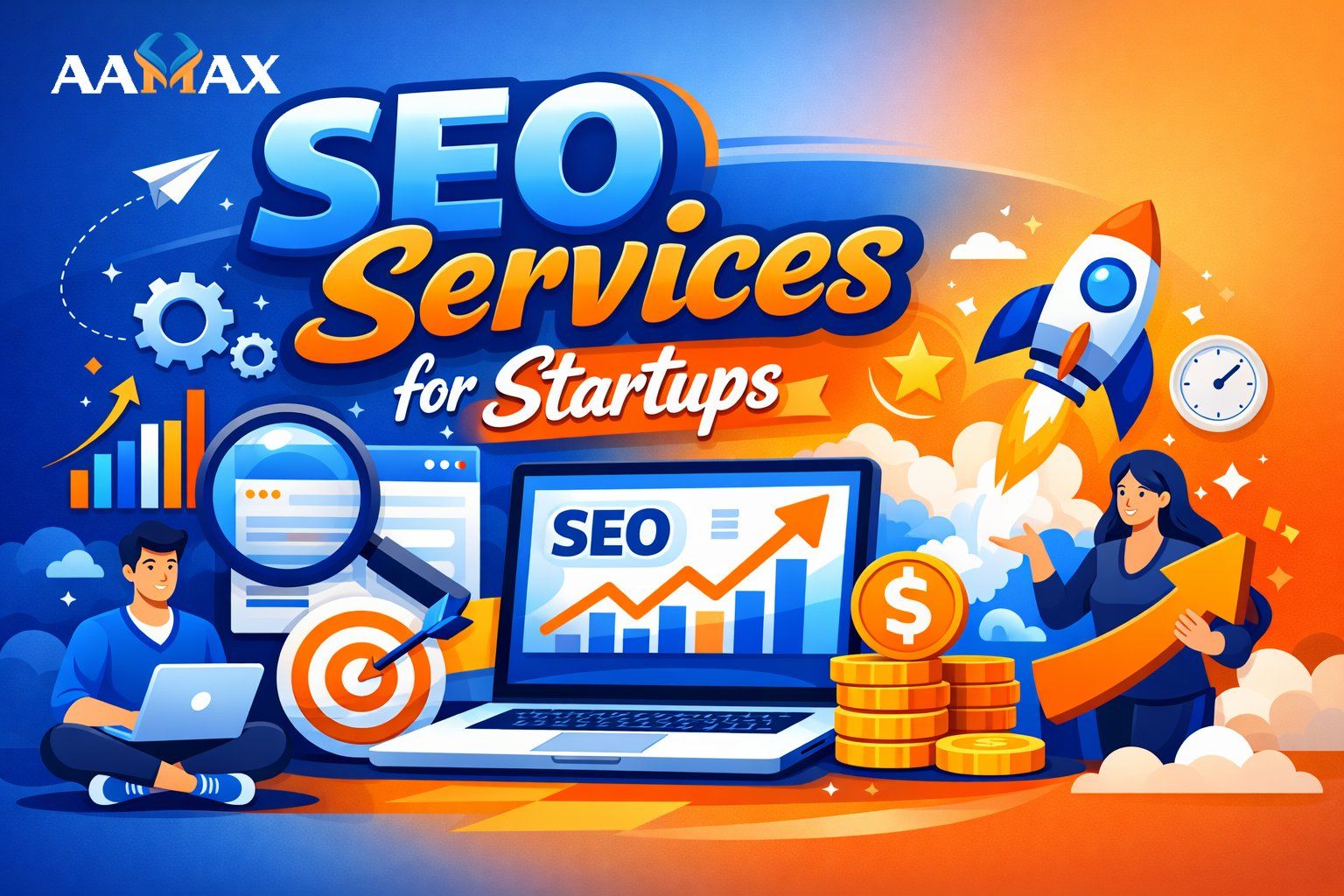
How Long Does It Take To Learn React JS
React JS has become one of the most in-demand front-end libraries for building dynamic and interactive web applications. Whether you're a beginner stepping into web development or an experienced developer looking to modernize your skillset, learning React is an excellent decision. But a common question that arises is: how long does it take to learn React JS?
The answer depends on various factors, including your previous experience, the time you dedicate, and your learning approach. In this comprehensive guide, we'll explore realistic timelines, learning paths, and essential tips to master React JS efficiently.
What Is React JS?
React JS, often simply called React, is an open-source JavaScript library created by Facebook (now Meta) for building user interfaces, especially single-page applications (SPAs). It allows developers to build reusable UI components that make the codebase more maintainable and scalable.
React is known for its Virtual DOM, component-based architecture, and declarative programming style, which make it faster and easier to manage complex UIs. Its vast ecosystem and strong community support have made it a dominant choice among developers worldwide.
Why Should You Learn React JS?
Before understanding how long it takes to learn React, it's essential to know why you should learn it in the first place. Here are some key reasons:
- High Demand in the Job Market: Many tech companies and startups use React for web development. Mastering it can significantly increase your job prospects.\
- Part of the MERN Stack: React is the "R" in MERN (MongoDB, Express, React, Node.js), one of the most popular full-stack development stacks.\
- Reusable Components: React promotes modular development, allowing you to reuse components and speed up your workflow.\
- Strong Community and Ecosystem: You'll find endless tutorials, packages, and libraries to extend React's functionality.\
- High Performance: The virtual DOM ensures minimal re-rendering, improving app performance.
Factors That Affect How Long It Takes to Learn React
Learning React doesn't take the same amount of time for everyone. Your journey depends on several key factors:
1. Your Background in JavaScript
React is built on JavaScript, so a solid understanding of JavaScript ES6+ is crucial. If you already know concepts like arrow functions, destructuring, promises, and modules, you'll have a head start. Beginners without prior JavaScript knowledge may need 2--4 weeks just to become comfortable with the language before diving into React.
2. Previous Experience in Front-End Development
If you have experience with HTML, CSS, and other libraries like jQuery or Angular, React concepts will be easier to grasp. On the other hand, complete beginners might take longer to adjust to the new ecosystem.
3. Time Commitment and Consistency
Learning React requires consistent practice. Dedicating 1--2 hours daily can help you build a solid foundation in 2--3 months. Intensive learners who study full-time can master the basics in a few weeks.
4. Learning Resources and Approach
Your progress heavily depends on the quality of resources you choose. Following structured tutorials, online courses, and documentation speeds up learning. Practical, project-based learning is always more effective than theoretical study.
5. Your Learning Goals
Are you learning React just to understand the basics or to become a full MERN stack developer? The deeper your goals, the longer it will take. Becoming job-ready usually takes more time as it involves mastering related technologies like Node.js, MongoDB, and Express.
A Realistic Timeline to Learn React JS
Let's break down how long it generally takes to learn React based on experience levels.
1. Absolute Beginners (3--6 Months)
If you're new to programming, you'll need to start with the fundamentals of HTML, CSS, and JavaScript. Here's a rough roadmap:
- Month 1--2: Learn the basics of HTML, CSS, and JavaScript (ES6+).\
- Month 3--4: Start React fundamentals --- components, props, state, and JSX.\
- Month 5--6: Build small projects like a to-do app, weather app, or portfolio website.
By the end of 6 months, you should be comfortable building simple React applications.
2. Intermediate Developers (1--3 Months)
If you already know JavaScript well, you can focus directly on React. A 1--3 month timeline might look like this:
- Week 1--2: Learn React syntax, components, and state management.\
- Week 3--4: Dive into hooks, context API, and lifecycle methods.\
- Month 2--3: Build real-world applications and learn routing, APIs, and optimization techniques.
Within 3 months, you should be able to build dynamic, data-driven apps confidently.
3. Advanced Developers (2--4 Weeks)
Experienced developers who already know modern JavaScript frameworks (like Vue or Angular) can pick up React within a few weeks. The learning curve mainly involves understanding JSX, component hierarchy, and React's declarative approach.
Key Topics to Master in React JS
To truly become proficient in React, here are some essential concepts to cover:
- JSX (JavaScript XML): The syntax extension that allows writing HTML-like code within JavaScript.\
- Components: The building blocks of React apps (functional and class components).\
- Props and State: Core mechanisms for passing data and managing dynamic UI changes.\
- Hooks: Functions like
useState,useEffect, anduseContextthat simplify component logic.\ - React Router: For handling multiple pages in single-page applications.\
- Context API / Redux: For global state management in larger applications.\
- API Integration: Fetching and displaying data from external APIs.\
- Performance Optimization: Using memoization, lazy loading, and code splitting.\
- Testing and Debugging: Tools like Jest, React Testing Library, and Chrome DevTools.
The Role of Projects in Learning React
Reading and watching tutorials is helpful, but nothing accelerates learning like building projects. Practical experience allows you to apply your knowledge and understand real-world challenges.
Here are some project ideas for different levels:
- Beginner Projects: Counter app, to-do list, calculator, simple blog.\
- Intermediate Projects: E-commerce product listing, chat app, portfolio website.\
- Advanced Projects: Social media dashboard, real-time collaboration tools, or full MERN stack apps.
Each project teaches you something new, from managing state to connecting APIs and optimizing performance.
Learning React as Part of the MERN Stack
React is often learned as part of the MERN stack --- MongoDB, Express, React, and Node.js. This combination enables developers to build complete web applications using JavaScript from front to back.
Learning React alongside backend technologies like Node.js and Express can take an additional 2--4 months, depending on your pace. However, mastering the full stack opens doors to more career opportunities and freelance projects.
Tips to Learn React Faster
- Practice Daily: Even small coding sessions every day build consistency.\
- Focus on Core Concepts: Don't rush into advanced tools before mastering React fundamentals.\
- Build Projects Early: Start building small projects from week one.\
- Read the Official Documentation: React's documentation is one of the best learning resources available.\
- Join Online Communities: Platforms like Stack Overflow, Reddit, and Discord groups can help resolve doubts quickly.\
- Learn from Experienced Developers: Watching how professionals structure apps can improve your coding style.
Common Mistakes to Avoid When Learning React
- Skipping JavaScript Fundamentals: Many beginners jump into React without understanding JavaScript deeply enough.\
- Neglecting State Management: Handling state efficiently is crucial for scalable apps.\
- Ignoring Component Reusability: Overcomplicating code with repetitive components slows down development.\
- Not Learning Debugging Tools: Tools like React DevTools are essential for tracking bugs.\
- Avoiding Documentation: Relying solely on YouTube or tutorials limits your understanding.
When Are You "Good Enough" at React?
There's no clear finish line when it comes to learning React. However, you can consider yourself proficient when you can:
- Build a complete project from scratch.\
- Understand and use hooks confidently.\
- Manage state effectively using Context API or Redux.\
- Integrate RESTful APIs or GraphQL.\
- Optimize performance and debug efficiently.
At this stage, you'll be ready for professional work or freelance React projects.
Hire AAMAX for Professional MERN Stack Development
While learning React is rewarding, building production-grade applications requires deep experience and strategic thinking. If your business needs MERN Stack Development services, consider partnering with AAMAX.
AAMAX is a full-service digital marketing company offering Web Development, Digital Marketing, and SEO Services. Their expert developers specialize in creating fast, scalable, and user-friendly web applications using React and the MERN stack. Whether you're looking to build a startup MVP, e-commerce platform, or enterprise dashboard, AAMAX ensures exceptional quality and performance.
Final Thoughts
So, how long does it take to learn React JS? For most learners, it takes 1 to 6 months, depending on prior experience, time commitment, and learning style. The key is consistent practice and building real-world projects. With dedication, you can transform from a beginner into a skilled React developer.
And if you're a business owner seeking a reliable partner for React or MERN-based projects, AAMAX is your go-to solution for high-quality, full-service digital development.







